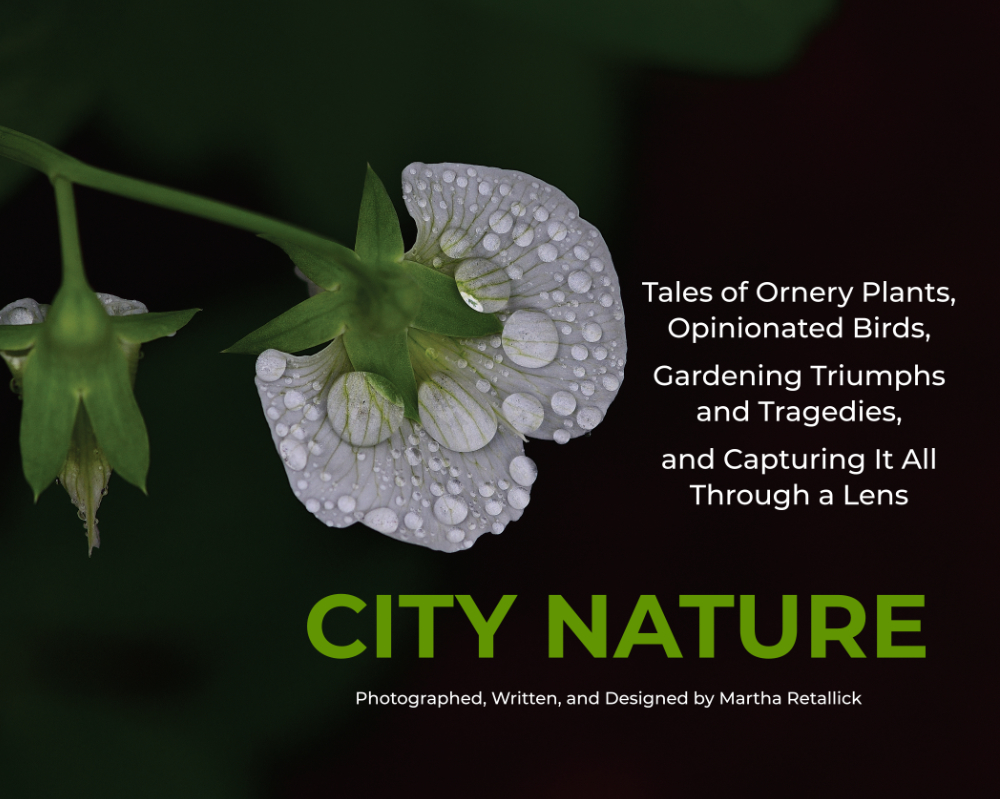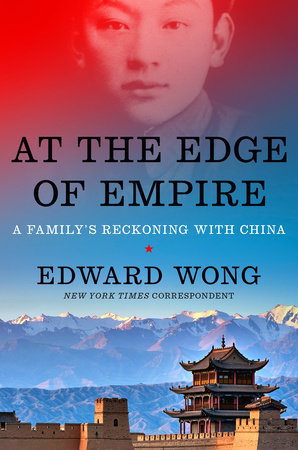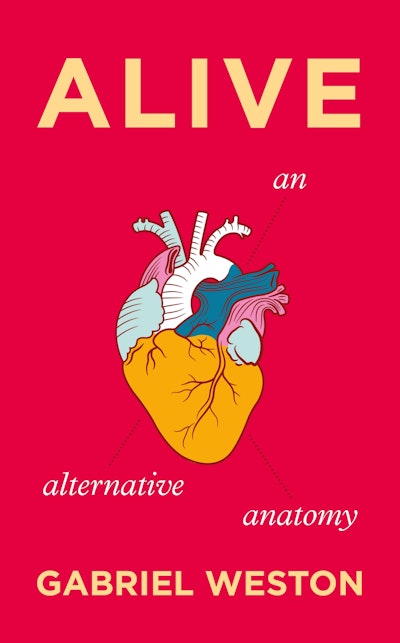 Bob Rich is an expert on the subject. He has been a psychotherapist for over 30 years, both in a clinical practice and through extensive volunteering of his services in multiple forums. He also has firsthand experience of the most intense kind of grief, having recenly experienced the loss of his own daughter Natalie to liver cancer in December 2024. The Hole in Your Life, Rich’s 20th book, is dedicated to Natalie and draws heavily on both personal experience and Rich’s extensive clinical understanding of the many pathways grief can take.
Bob Rich is an expert on the subject. He has been a psychotherapist for over 30 years, both in a clinical practice and through extensive volunteering of his services in multiple forums. He also has firsthand experience of the most intense kind of grief, having recenly experienced the loss of his own daughter Natalie to liver cancer in December 2024. The Hole in Your Life, Rich’s 20th book, is dedicated to Natalie and draws heavily on both personal experience and Rich’s extensive clinical understanding of the many pathways grief can take.
Tag: nonfiction
A review of Ferryman: The life and deathwork of Ephraim Finch by Katia Ariel
 Ephraim’s own journey to self-discovery is itself a terrific story, but what really makes Ferryman stand out is the silky, almost surreal quality of Katia Ariel’s writing. Ariel leans into the complexity of biography, its subjectivity, the interpretations perspectives, and gaps, to create a delicate and complex portrait that feels true precisely because it doesn’t connect every dot.
Ephraim’s own journey to self-discovery is itself a terrific story, but what really makes Ferryman stand out is the silky, almost surreal quality of Katia Ariel’s writing. Ariel leans into the complexity of biography, its subjectivity, the interpretations perspectives, and gaps, to create a delicate and complex portrait that feels true precisely because it doesn’t connect every dot.
A review of Elis – Irish Call Girl by Anna Rajmon
 Rajmon is as sharp and thoughtful as she is hilarious – in telling her story, she misses nothing regarding her experience. The picture she paints of the Irish prostitution scene is a comprehensive and complex one – from how accommodation is obtained, to how advertising is organized, to how meetings are arranged, to how travel from location to location is organized, to the power dynamics between sex workers, ‘clients’ and ‘agencies’ (‘pimps’ would be a more accurate term) – Rajmon lays it all out in black-and-white.
Rajmon is as sharp and thoughtful as she is hilarious – in telling her story, she misses nothing regarding her experience. The picture she paints of the Irish prostitution scene is a comprehensive and complex one – from how accommodation is obtained, to how advertising is organized, to how meetings are arranged, to how travel from location to location is organized, to the power dynamics between sex workers, ‘clients’ and ‘agencies’ (‘pimps’ would be a more accurate term) – Rajmon lays it all out in black-and-white.
A review of City Nature by Martha Retallick
 The best moments come from the struggle against solitude; with Retallick, it’s the trials-and-errors of learning to “think like water” with her co-op in a drought-filled era, of upcycling a gifted chandelier into a vine climbing gym and a sun-shaking pendant collage. Not the “much more” of products, but the “much more” of the lived-in; we are nature too. The struggle against solitude is the discovery of home, and it glints like pendants.
The best moments come from the struggle against solitude; with Retallick, it’s the trials-and-errors of learning to “think like water” with her co-op in a drought-filled era, of upcycling a gifted chandelier into a vine climbing gym and a sun-shaking pendant collage. Not the “much more” of products, but the “much more” of the lived-in; we are nature too. The struggle against solitude is the discovery of home, and it glints like pendants.
A review of Age Like a Yogi by Victoria Moran
 Passionate about her subjects, her inspired writing makes for inspiring and effortless reading. In her radio shows, podcasts, and videos about other subjects, you get the feeling that she’s speaking directly to you. Similarly, her conversational writing style can make you feel like she’s writing directly to you.
Passionate about her subjects, her inspired writing makes for inspiring and effortless reading. In her radio shows, podcasts, and videos about other subjects, you get the feeling that she’s speaking directly to you. Similarly, her conversational writing style can make you feel like she’s writing directly to you.
A review of Shattered Motherhood by Donna F. Johnson
 Not only does Donna F. Johnson bring her own years of experience to this, she also brings the vast knowledge and insight of so many others, both men and women. Written with authority and conviction and a profound understanding of the political and social implications of the situation, Shattered Motherhood is a vital contribution to the understanding of this all-too-often ignored crisis involving mothers of suicides.
Not only does Donna F. Johnson bring her own years of experience to this, she also brings the vast knowledge and insight of so many others, both men and women. Written with authority and conviction and a profound understanding of the political and social implications of the situation, Shattered Motherhood is a vital contribution to the understanding of this all-too-often ignored crisis involving mothers of suicides.
Of Loyalty to Father & Country: A review of At the Edge of Empire: A Family’s Reckoning with China Edward Wong

A review of Alive: Our Bodies and the Richness and Brevity of Existence by Gabriel Weston
 Alive takes us on a tour of the body by chapter, from bones to lungs to kidney to womb. Weston works hard to turn an anatomy tutorial into a story – or perhaps infuse a story with a bit of a tutorial. Each section provides a scientific and historical overview of the organ in question, a personal narrative of a patient, and often a journey into the role of the treating physician.
Alive takes us on a tour of the body by chapter, from bones to lungs to kidney to womb. Weston works hard to turn an anatomy tutorial into a story – or perhaps infuse a story with a bit of a tutorial. Each section provides a scientific and historical overview of the organ in question, a personal narrative of a patient, and often a journey into the role of the treating physician.
A review of Seeing through the Smoke by Peter Grinspoon, MD
 Writing in a conversational and engaging style, Peter couples solid science with personal anecdotes, and tempers cold hard facts with his informed opinions. Bibliographic endnotes document the text, yet scholarly research rarely impedes the flow of the narrative. While credentialed as an MD, Grinspoon is no stuffy pedantic academic. As an undergrad lit major and grad student in philosophy, this Medical Doctor taps into his creative inner writer.
Writing in a conversational and engaging style, Peter couples solid science with personal anecdotes, and tempers cold hard facts with his informed opinions. Bibliographic endnotes document the text, yet scholarly research rarely impedes the flow of the narrative. While credentialed as an MD, Grinspoon is no stuffy pedantic academic. As an undergrad lit major and grad student in philosophy, this Medical Doctor taps into his creative inner writer.
A review of Tremor by Sonya Voumard
 Tremor has many elements of a quest narrative. She recounts the many stages of her search to reach an acceptance of her ‘movement disorder’ by enduring social embarrassments, often feeling professionally vulnerable and overcoming her fears of being judged by others. Miraculously, Voumard’s good humour, dignity and empathy for others never waver, which results in a moving and thought-provoking memoir.
Tremor has many elements of a quest narrative. She recounts the many stages of her search to reach an acceptance of her ‘movement disorder’ by enduring social embarrassments, often feeling professionally vulnerable and overcoming her fears of being judged by others. Miraculously, Voumard’s good humour, dignity and empathy for others never waver, which results in a moving and thought-provoking memoir.